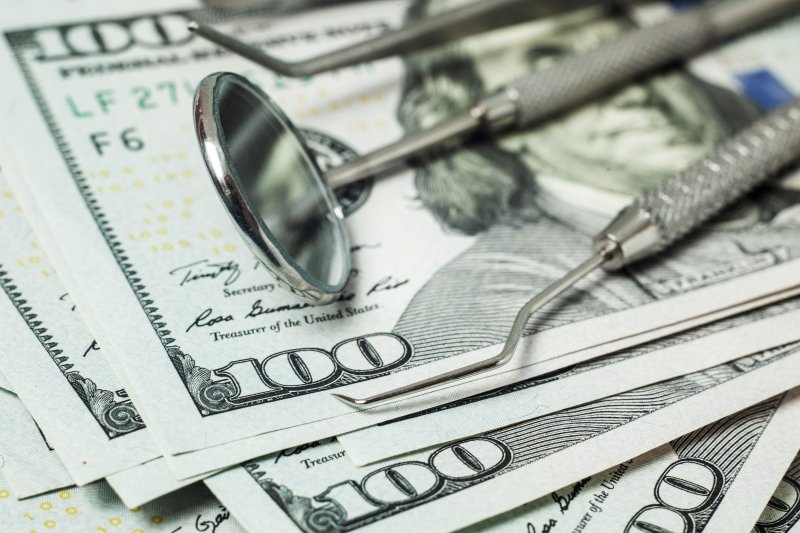
While your mouth and body are closely connected, they are vastly different when it comes to who provides treatment and how it is perceived by insurance companies. There are multiple differences between medical and dental insurance – some of which will be discussed in this article. To discover how you can save big on your oral healthcare needs and avoid high out-of-pocket costs, keep reading so that you when to be proactive instead of reactive with your overall health.
How is Dental Insurance Different from Medical Insurance?
First, medical and dental insurance companies establish their partnerships differently. While the former works closely with doctors and hospitals, dental insurance providers build relationships with dentists.
If you think about how the two work, you may notice that there are differences in coverage levels. Medical insurance tends to provide higher coverage for reactionary forms of treatment. These may include hospitalizations, visiting a specialist, lab diagnostics, or even surgery.
Dental insurance, however, takes a more proactive approach. Patients are rewarded with greater coverage when they seek forms of treatment that will minimize their risk for more serious dental care. For example, dental checkups and teeth cleanings are commonly covered at 80-100%. This is because they are known to be highly effective at lowering the potential for cavities, tooth decay, and gum disease.
What Does Dental Insurance Cover?
Preventive and restorative dentistry are the two types of umbrella services that most dental insurance companies will agree to cover. Unless it is preventive services, you will be required to pay a portion of the cost for any restorative treatment you receive. Of course, this depends on the company and policy you choose.
It is common, though, for most dental insurance providers to build their plans using the following format:
- 100% preventive services
- 80% minor restorative services
- 50% major restorative services
Cosmetic dentistry is not something that most dental insurers will cover. The reason is that these services (i.e., veneers, teeth whitening, cosmetic bonding, etc.) are commonly viewed as elective procedures that do not benefit your oral health. It is in these instances that you will need to find an alternative way to pay for treatment.
While there are instances where medical insurance may be used to treat what is considered a dental problem (i.e., sleep apnea oral appliance, TMJ treatment), it is rare, and your dentist and team members will work to handle these types of situations.
Being enrolled with a dental insurance company you can trust is important. By taking the time to learn more about your policy and its benefits, you’ll be able to save when it comes to taking proper care of your smile.
About the Author
Dr. Rupeshwar Renkuntla is a dedicated Saginaw dentist who possesses nearly two decades of experience. Helping others achieve brighter, healthier smiles, he and his team at Saginaw Dental offer affordable services patients can easily access. Partnering with various dental insurance companies, he accepts all major PPO plans and works closely with patients to maximize benefits so that out-of-pocket expenses remain low. If you are looking for a dental professional who is in-network with your dental insurance company, contact us via our website or call (817) 989-2832.
